Description
Why should you too use “L-Carnitin” as a nutritional supplement as well:
• Protects from heart and circulatory disease
• Natural fat burner
• Essential for healthy muscle tissue
• Improves endurance
• Reduces regeneration time
• Stabilizes brain cells
• Protects from age-related depression…
What is L-Carnitin?
L-Carnitin, also known as Vitamin B11, is a nutritional supplement which is popular as a natural “fat burner” in the sports and physical fitness sector. The organism synthetizes L-Carnitin from Lysine and Methionine, two amino acids found in food. Those are common in red meats, dairy products as well as in several nuts, seeds, vegetables and fruits and also in some grains (pumpkin, sunflower, sesame cabbage beans apricots and bananas).
L-Carnitin aids in transporting long-chain fatty acids to the center of the core cells, in particular the skeleton and heart muscle, which in turn enables the body to produce energy. It is essential for healthy muscle tissue, including the most important and stressed of all, the heart. Fats cannot be transported to its metabolizing destination without Carnitin. L-Carnitin “burns” fat, provides energy and promotes weight loss.
L-Carnitin and sports
L-Carnitin is very important to all types of sports, in particular intense and/or endurance sports, because it retains carbohydrates during excessive strain. But how does it work? The muscles stimulated demand energy to compensate for the strain. It will use the glucose circulating in the blood first. During intensive strain (more than 12 minutes) the muscles can produce ATP, while they break down glucose by producing lactic acid as a toxin. The more strenuous the endurance the more APT is used by muscle metabolism. Only this can utilize the glucose reserves, saturated the muscles with lactic acid and generates metabolic vibes. Testing athletes from diverse disciplines (marathon, rowing, cycling) clearly indicated that L-Carnitin, used as a supplement, improves endurance and performance and also reduces muscle recovery and regeneration time. In addition, L-Carnitin contributes to experiencing less strain on the muscle in any type of sport.
L-Carnitin and Heart Disease
Heart disease is the major area of use for L-Carnitin. These diseases includes circulatory disorders, such as angina pectoris, post-infarction syndrome and heart fibrillations. L-Carnitin reduces the overall cholesterol value by increasing the HDL-value (the “good” cholesterol). This contributes in the prevention of circulatory diseases because it reduces calcium deposits in the blood vessels. Because L-Carnitin supports the transfer of oxygen to the cells, it also has a protective impact on the heart. Improving the oxygen supply is very important, because the heart muscle requires a high amount of oxygen. Several clinical trials indicate that Carnitin may be a potential adjuvant for treating angina pectoris, insufficient heart functions, heart attacks as well as dysfunctional heart muscles.
L-Carnitin and Aging
Carnitin can possibly directly impact acetylcholine; a neurotransmitter, which is essential to numerous brain functions. Therefore it is recommended to administer Carnitin to Alzheimer patients, because this is a dementia caused by an acetylcholine deficiency. Positive results have been noticed, especially in early stage patients. Thanks to its antioxidant effect L-Carnitin stabilizes the brain cells, increases energy performance and has the ability to perform almost all of the tasks performed by of acetylcholine. L-Carnitin can also have a positive effect on age-related depression.
Aging depreciates the cell concentration of L-Carnitin, which in turn attacks the fatty acid metabolism in various tissues. Bones are particularly affected, because they require a steady supply of L-Carnitin to maintain the osteoblast metabolism (cells that enable bone recovery and maintaining the bone mass). A 2007 study has shown that
L-Carnitin used a supplement in connection with diabetes therapy can reduce insulin resistance.
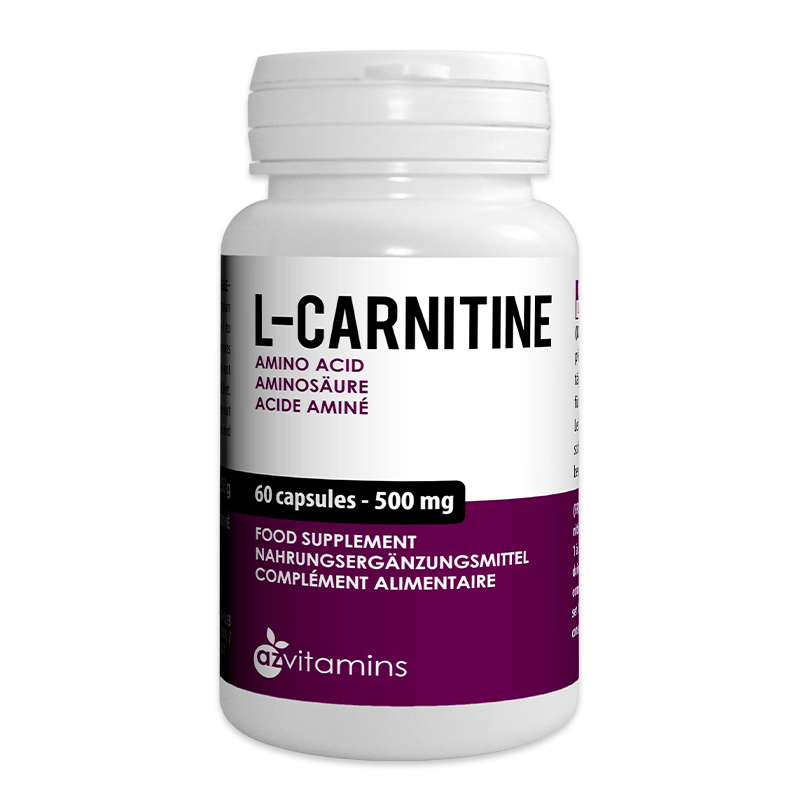
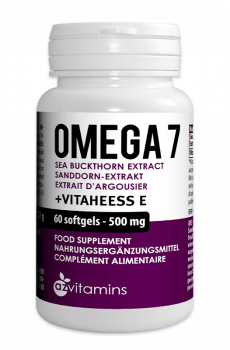
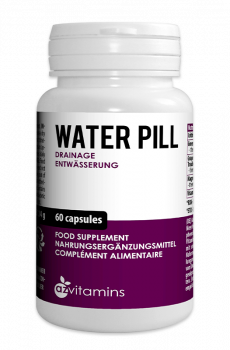
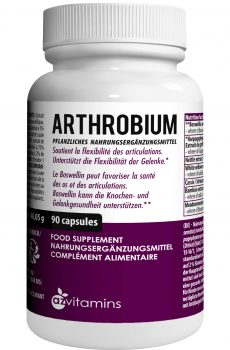
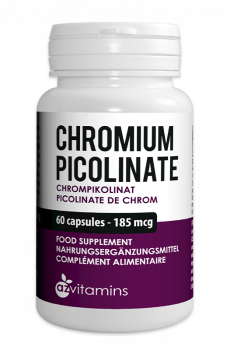
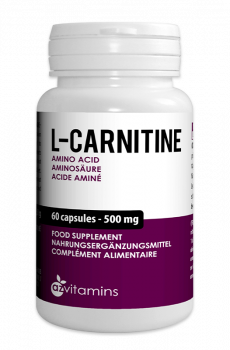
Reviews
There are no reviews yet.